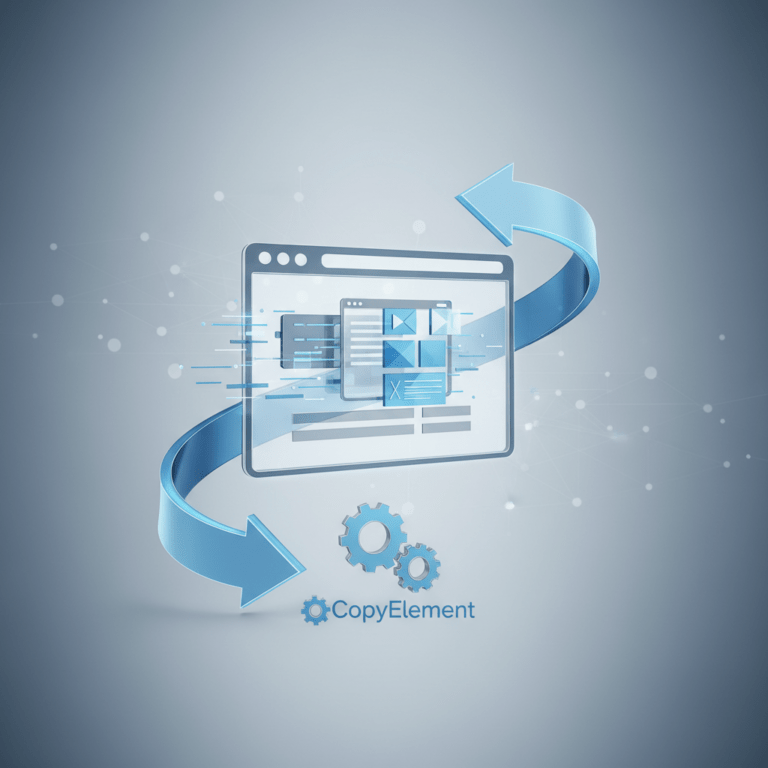E-Commerce SEO 2025: Strategies to Drive Conversions
The Shifting Sands of E-Commerce SEO
The e-commerce landscape is in constant flux. Algorithms evolve, consumer behavior shifts, and new technologies emerge, demanding a proactive approach to search engine optimization. What worked in 2023 or even 2024 might be outdated by 2025. Staying ahead requires understanding the key trends shaping e-commerce SEO and adapting your strategy accordingly. We’re moving beyond simple keyword stuffing to a more holistic approach focused on user experience, semantic search, and personalized content.
Understanding the Core of Future-Proof E-Commerce SEO
Before diving into specific tactics, it’s crucial to understand the foundational elements that will drive success in 2025:
User-Centricity: Google prioritizes websites that offer exceptional user experiences. Your website must be fast, mobile-friendly, easy to navigate, and provide valuable content.
Semantic Search: Moving beyond keyword matching, Google understands the intent behind a user’s search query. Focus on providing comprehensive, in-depth content that answers user questions thoroughly.
Mobile-First Indexing: Google primarily uses the mobile version of your website for indexing and ranking. Ensure your mobile experience is flawless.
Personalization: Tailoring the user experience based on individual preferences and past behavior will become even more critical.
Tactical Strategies for E-Commerce SEO Success in 2025
These are actionable strategies you can implement to optimize your e-commerce store for the future:
Enhanced Product Page Optimization: Go beyond basic descriptions. Incorporate high-quality images and videos, customer reviews, detailed specifications, size charts, and FAQs. Use structured data markup to help search engines understand your product information.
Leveraging Visual Search: Image search is growing rapidly. Optimize your product images with relevant alt text, descriptive file names, and high resolution. Consider using visual sitemaps.
Voice Search Optimization: As voice assistants become more prevalent, optimize your content for voice queries. Use conversational language and answer common questions directly. Focus on long-tail keywords.
Video Marketing for E-Commerce: Product demos, tutorials, and behind-the-scenes videos can significantly improve engagement and conversions. Optimize your videos for search engines with relevant titles, descriptions, and tags. Embed videos on your product pages.
AI-Powered Content Creation and Optimization: Leverage AI tools to generate product descriptions, blog posts, and social media content. Use AI to analyze keyword opportunities and optimize existing content for search engines.
Building a Strong Brand Identity: In a competitive landscape, a strong brand can differentiate you from the competition. Focus on creating a consistent brand message across all channels. Encourage customer loyalty through personalized experiences and exceptional customer service.
Technical SEO Audits and Improvements: Regularly audit your website for technical issues such as broken links, slow loading speeds, and mobile unfriendliness. Implement fixes promptly to improve your website’s crawlability and indexability. Optimize your website’s structure and internal linking to improve navigation and SEO.
Personalized Recommendations: Utilize data to provide personalized product recommendations to your customers. This can increase average order value and improve customer retention.
Focus on E-A-T (Expertise, Authoritativeness, Trustworthiness): Google prioritizes websites that demonstrate expertise, authoritativeness, and trustworthiness. Build trust by providing accurate information, citing reputable sources, and encouraging customer reviews. Showcase your expertise through blog posts, articles, and webinars.
Local E-Commerce SEO (if applicable): If you have a physical store location or serve a specific geographic area, optimize your website for local search. Claim your Google My Business listing and ensure your NAP (Name, Address, Phone Number) information is consistent across all online platforms.
Data Analytics and Continuous Improvement
SEO is an ongoing process. Regularly track your website’s performance using tools like Google Analytics and Google Search Console. Analyze your keyword rankings, traffic sources, conversion rates, and other key metrics. Use this data to identify areas for improvement and refine your SEO strategy. A/B test different elements of your website, such as headlines, product descriptions, and calls to action, to optimize for conversions.
Embrace Change and Stay Informed
The world of e-commerce SEO is constantly evolving. Stay informed about the latest trends, algorithm updates, and best practices. Attend industry conferences, read reputable SEO blogs, and follow thought leaders on social media. By embracing change and continuously learning, you can ensure your e-commerce store remains competitive in the years to come.
CopyElement: Your Partner in Building High-Converting E-Commerce Sites
At CopyElement, we understand the importance of creating stunning and effective e-commerce websites. Our Elementor component library provides you with the tools you need to build high-converting product pages, landing pages, and more – all without the need for extra plugins that can slow down your site and hurt your SEO. Explore our library today and start building a better e-commerce experience for your customers.







